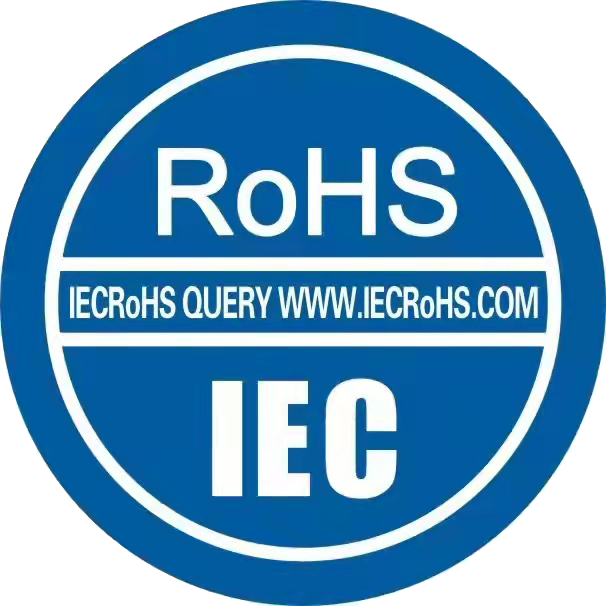SGS Report English Version: A Comprehensive Guide
When it comes to quality assurance and certification, the SGS report English version is a crucial document for businesses and individuals alike.
This report, issued by SGS, provides detailed information about product testing, inspection, and certification services.
Whether you are an importer, exporter, or manufacturer, understanding the SGS report English version can help you navigate international trade regulations with ease.
What Is an SGS Report English Version?
An SGS report English version is an official document issued by SGS that outlines the results of testing, inspection, or certification services.
This report is often required for international trade, as it ensures that products meet the necessary quality, safety, and regulatory standards.
The English version is particularly important for global transactions, as it serves as a universally understood reference for stakeholders.
Why Is the SGS Report English Version Important?
The SGS report English version plays a vital role in international trade by providing transparency and credibility.
Many countries and regulatory bodies require this report to verify that products comply with local and international standards.
Without an SGS report, businesses may face delays, rejections, or even legal penalties when exporting or importing goods.
Key Components of an SGS Report English Version
An SGS report English version typically includes several key sections, such as product details, testing methods, and results.
It may also contain information about the certification body, the date of issuance, and the validity period of the report.
Understanding these components can help you interpret the report accurately and use it effectively for your business needs.
How to Obtain an SGS Report English Version
To obtain an SGS report English version, you must first engage SGS’s testing or inspection services.
Once the evaluation is complete, SGS will issue the report, which can be downloaded or requested in physical form.
It’s important to ensure that the report is up-to-date and meets the specific requirements of your target market.
SGS Company Introduction
SGS (Société Générale de Surveillance) is a global leader in inspection, verification, testing, and certification services.
Founded in 1878, the company operates in over 140 countries and employs more than 89,000 professionals worldwide.
SGS is renowned for its commitment to quality, integrity, and innovation, making it a trusted partner for businesses across various industries.
Common Uses of the SGS Report English Version
The SGS report English version is widely used in industries such as food and beverage, textiles, electronics, and automotive.
It helps businesses demonstrate compliance with international standards like ISO, CE, and RoHS.
Additionally, the report can be used to resolve disputes, secure contracts, and build trust with customers and partners.
Tips for Interpreting an SGS Report English Version
When reviewing an SGS report English version, pay close attention to the testing standards and methodologies used.
Ensure that the report covers all relevant parameters and that the results align with your expectations and requirements.
If you have any doubts, consider consulting with an SGS representative or a industry expert for clarification.
Conclusion
The SGS report English version is an indispensable tool for businesses engaged in international trade.
By understanding its importance, components, and uses, you can leverage this document to enhance your market credibility and compliance.
Always ensure that your SGS report is accurate, up-to-date, and tailored to your specific needs.
Disclaimer
This article is for general information and educational purposes only and does not constitute professional advice.
The content provided here is based on publicly available information and is intended to serve as a knowledge-sharing resource.
Neither SGS, the author, nor the publishing platform endorses or guarantees the accuracy of the information presented.
Readers are advised to consult with qualified professionals for specific guidance related to SGS reports and certifications.
No liability is assumed for any consequences arising from the use of or reliance on the information provided in this article.

